'Parineeta' could rekindle soft, nostalgic feelings


Send us your feedback to audioarticles@vaarta.com


It had to happen. Neo-realism in Bollywood cinema during the last fortnight had to give way to a soft-focussed literary endeavor like "Parineeta" that releases this week.
The film is the first literary classic to hit the screen since Saratchandra Chatterjee's "Devdas" and Amrita Pritam's "Pinjar". It's also interesting to see Vidhu Vinod Chopra pitching in for a Saratchandra adaptation after his erstwhile assistant Sanjay Leela Bhansali has carried the author's vision to the pinnacle of celluloid glamour in "Devdas".
"Parineeta" is a far less lavish work of Saratchandra. He has been repeatedly brought to the screen by filmmakers as diverse in their vision and intention as Bimal Roy ("Devdas"), Basu Chatterjee ("Swami", "Apne Paraye") and Sanjay Leela Bhansali ("Devdas").
How far would debutant director Pradeep Sarkar be able to carry forward the literary tradition of this Bengali prose maestro?
Sarkar's lack of experience as a feature filmmaker could be one of the major impediments to making this as successful an adaptation as Bimal Roy's version of "Parineeta" released in 1953.
Also, debutante Vidya Balan, though seeming not to lack in poise and old-world grace, might not be able to convey the tender nuances of her character who has to speak up about her love for her neighbor (Saif Ali Khan) before the stranger in their midst (Sanjay Dutt) sweeps her off her feet.
In the original, Meena Kumari was tender, fragile, vulnerable, emotional and malleable. Can Balan with her experience in modelling and ads go beyond flashing her teeth to communicate her character's coy conceits?
Can Pradeep Sarkar evoke nostalgia and romance from the novel, which was located in the early 20th century of Kolkata? This new version of "Parineeta" relocates the original plot into the 1960s probably to introduce that whole element of exaggerated glamour that comes with that period.
Another problem could be the two male leads. Sanjay Dutt and Saif Ali Khan are extremely contemporary in their bearing and speech. Would they be able to resemble the "bhadra lok" (genteel folk) of the 1960s?
One had felt the same dread about the cast when Bhansali came with "Devdas". People wondered if Shah Rukh Khan would look traditional enough to pass off as Saratchandra's self-absorbed self-destructive alcoholic hero. But it was a huge hit.
Perhaps it's a fatal mistake to undermine our matinee idols' ability to reinvent themselves. Didn't Sunny Deol slip into the traumatic partition saga in Anil Sharma's "Gadar: Ek Prem Katha"?
Admittedly, Sanjay and Saif have never done a period film. Producer Vidhu Vinod Chopra is no stranger to period pieces. He made "1942: A Love Story", where the still-boyish Anil Kapoor wooed the porcelain pretty Manisha Koirala at a time when India had gone into the flames of anti-colonial rule.
Can Vidya Balan encore Manisha Koirala's exquisite charms?
The music by Shantanu Moitra hasn't regaled listeners. But after two hugely contemporary fables "Bunty Aur Babli" and "D" in the theatres in two weeks, the audience is looking at a life and a time when dusty roads and grimy faces were a distant nightmare.
And life was about picking the right partners instead of shooting down your enemies.
Follow us on Google News and stay updated with the latest!
-

Contact at support@indiaglitz.com
Headlines
Cinema News
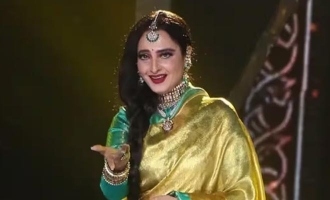 Bollywood actress Rekha on sheer fluke of not getting pregnant bold candid confessions
Bollywood actress Rekha on sheer fluke of not getting pregnant bold candid confessions
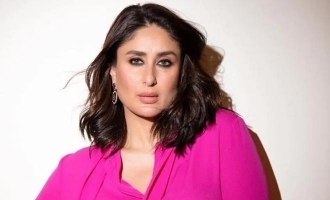 kareena kapoor s trolled for recent instagram quote on luxury pataudi palace
kareena kapoor s trolled for recent instagram quote on luxury pataudi palace
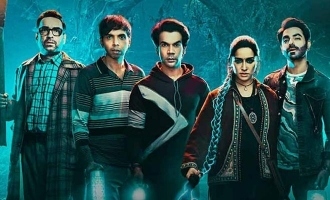 Stree 2 box office collections crosses baahubali 1 aims to cross shah rukh khan s jawan
Stree 2 box office collections crosses baahubali 1 aims to cross shah rukh khan s jawan
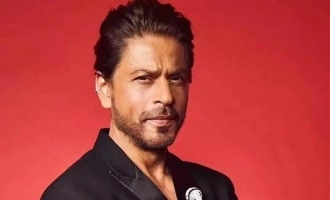 Shah Rukh khan enters huran rich list rs 7300 crore in fortune
Shah Rukh khan enters huran rich list rs 7300 crore in fortune
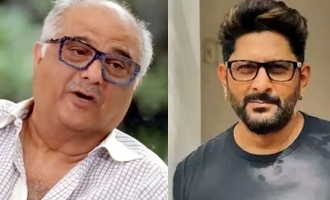 boney kapoor slams back at arshad warsi for low salary in roop ki rani choron ka raja
boney kapoor slams back at arshad warsi for low salary in roop ki rani choron ka raja
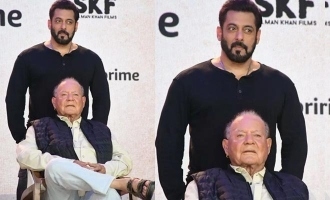 Salma khan wants to remake Salim javed's sholay deewar
Salma khan wants to remake Salim javed's sholay deewar
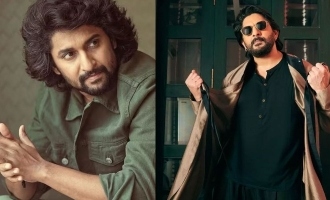 Nani sudheer babu claps back at Arshad warsi for calling prabhas as joker in kalki 2898 AD
Nani sudheer babu claps back at Arshad warsi for calling prabhas as joker in kalki 2898 AD
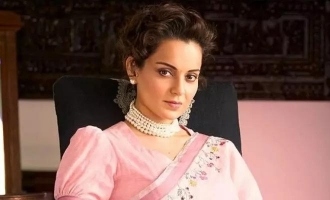 Kanagana ranaut s paparazzi comment gets viral emergency controversy
Kanagana ranaut s paparazzi comment gets viral emergency controversy
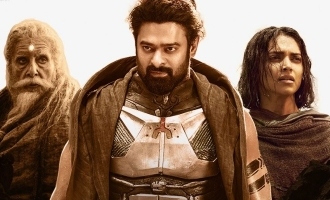 Kalki 2898 AD Starts Streaming Where to Watch Prabhas New Film
Kalki 2898 AD Starts Streaming Where to Watch Prabhas New Film
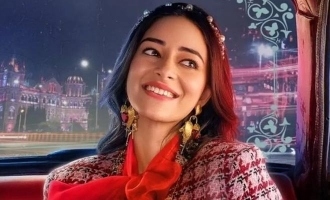 ananya panday call me bae trailers goes viral reminds of emily in paris
ananya panday call me bae trailers goes viral reminds of emily in paris




 Follow
Follow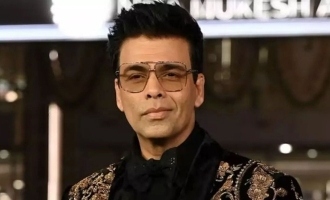
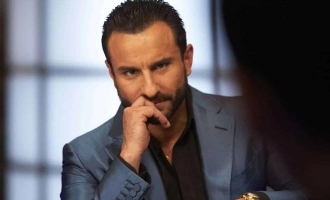
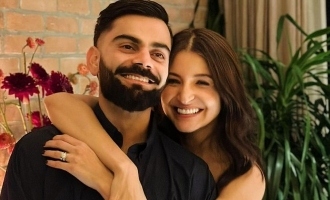
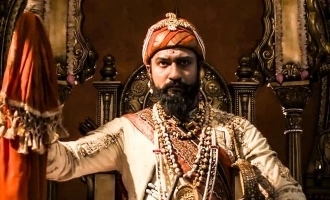
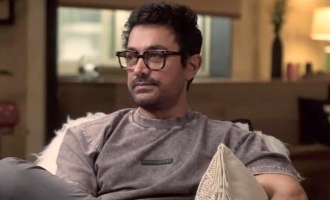
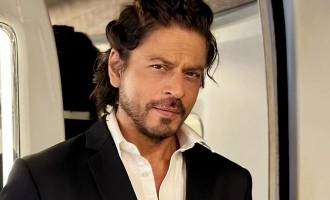
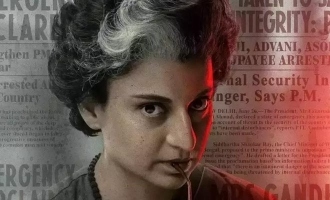
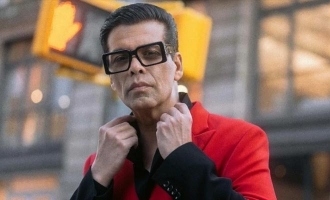
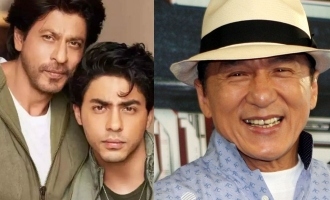
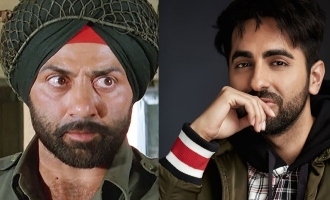
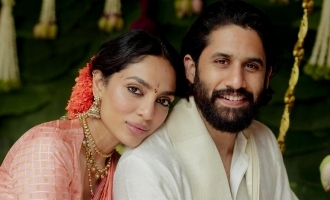
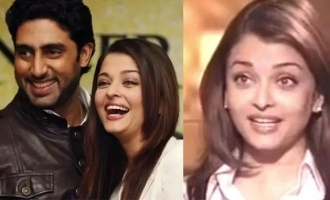
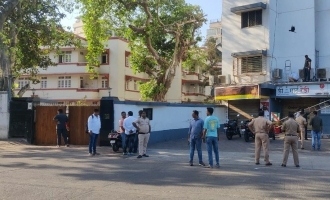
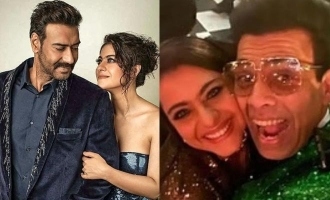
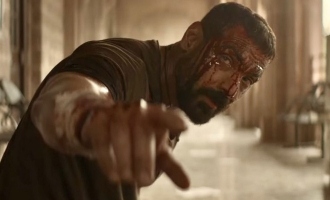
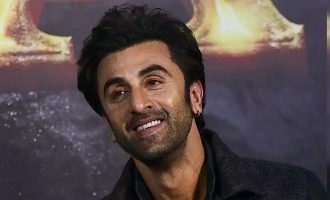
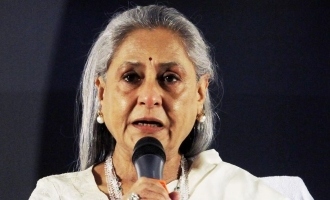
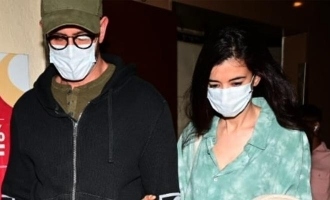
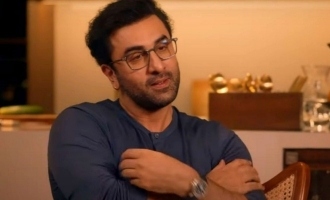

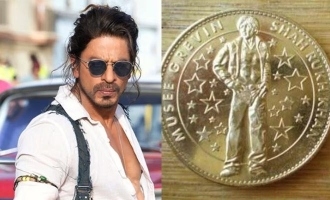
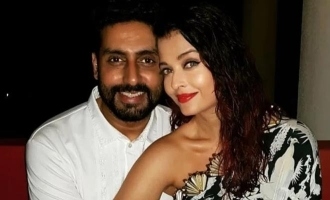

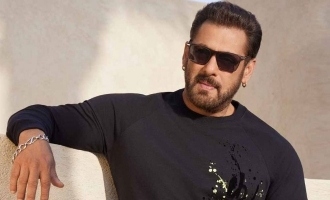
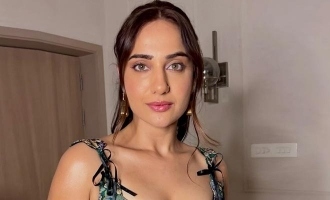
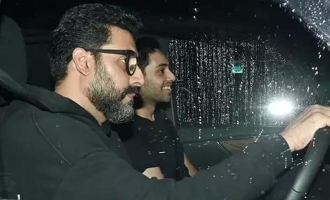
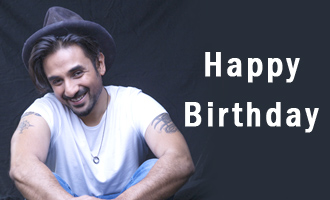

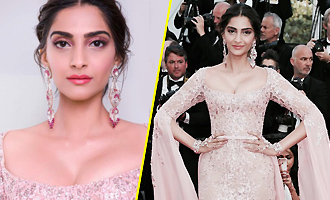
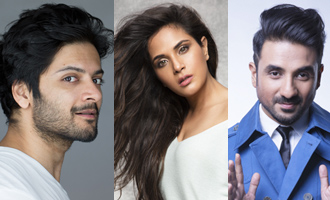
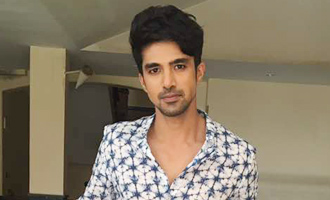

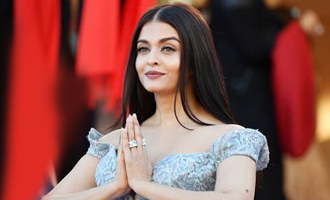
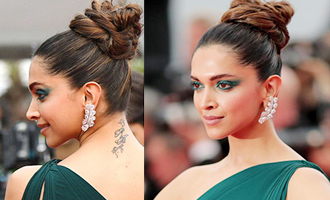
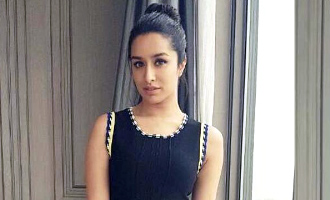

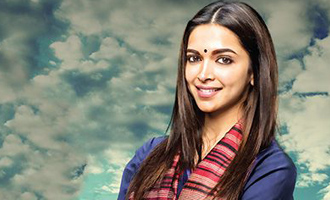
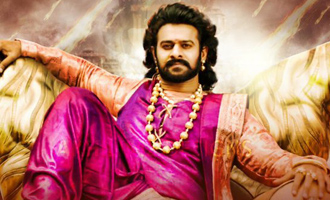




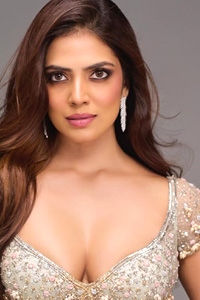
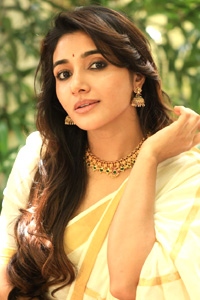
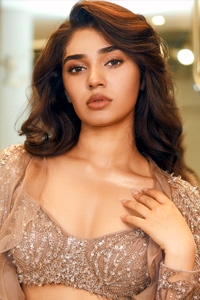
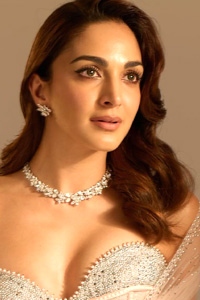
Comments